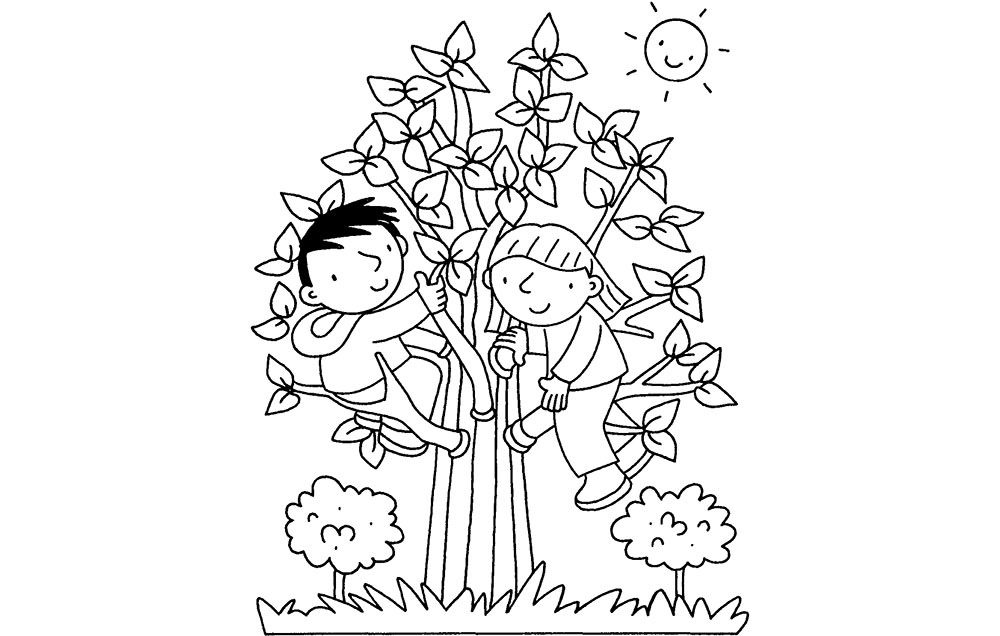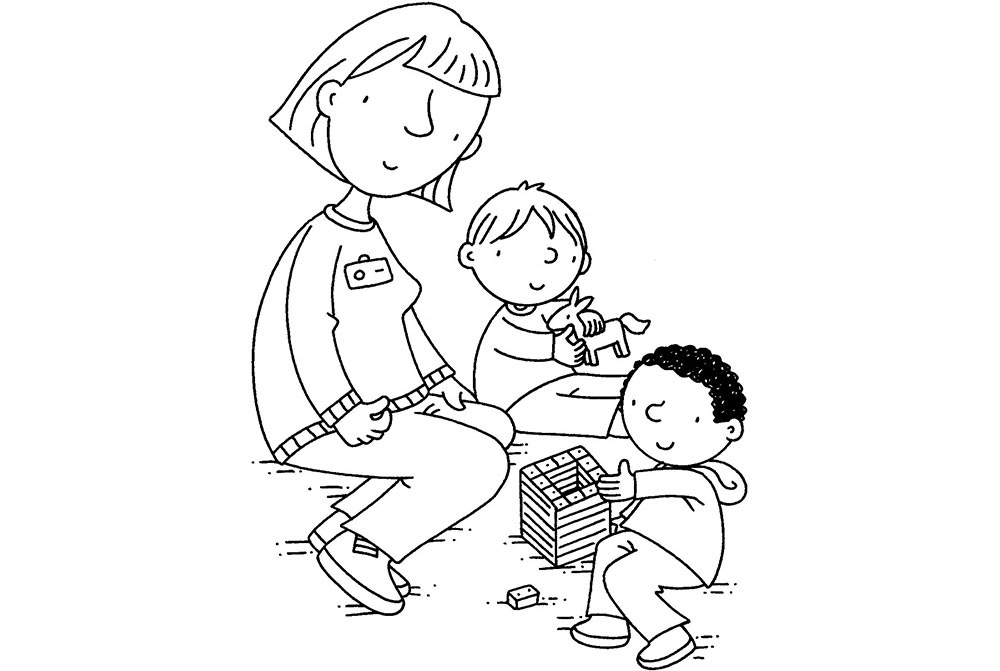Jean-Jacques Rousseau

Profile
Jean-Jacques Rousseau was an 18th century Genevan philosopher who influenced thinking in music, philosophy, society, politics, religion and education. His ideas have been influential on later theorists such as Froebel and Montessori.


Key dates
1712 – Born in Geneva, Switzerland. His mother died nine days later
1724 – Worked as an apprentice legal clerk and then an engraver
1728 – Left Geneva, disaffected. Converted to Roman Catholicism
1745 – Began a relationship with Thérèse Levasseur
1754 – Rejoined the Church of Geneva
1762 – Emile was published. It was outlawed in France and Geneva
1762 – Lived in exile in Switzerland, England and rural France before returning to Paris in 1766
1778 – Died in Ermenonville, France

His life
Rousseau grew up in Geneva, which was at the time a Protestant city state, where he and his brother were brought up by his father and a great aunt. His father left when he was ten and Rousseau was sent with his cousin to board with a Calvinist Minister for two years.
From the age of thirteen he worked as an apprentice, initially to a notary and then to an engraver. He was very unhappy as the latter beat him and he ran away. Eventually in Savoy he met Françoise-Louise de Warens, a noblewoman who was separated from her husband. He had a ten year relationship with her, converted to Roman Catholicism and she served as his benefactor and eventually became his lover.
When he was twenty-one he became the secretary to the French Ambassador in Venice, although this post lasted just a year as he quarrelled with the Ambassador. In Paris the following year he met Thérèse Levasseur, a twenty-four year old seamstress, and lived with her for the next thirty-five years, eventually marrying her in 1768. He had previously referred to her as his ‘housekeeper’, despite having had five children with her. All the children were sent to The Foundlings Home, an orphanage, shortly after their birth.
Rousseau rejoined the Church of Geneva in 1754. Much of his writing was controversial and his books on education and social politics were banned in Geneva and France. He spent a period in exile in Switzerland, England and rural France before returning to Paris in 1766. Although he became well known, his mental health was erratic and he did not enjoy his celebrity status.

His writing
From 1736 until his death Rousseau wrote many essays, treatises and books, fiction and non-fiction, on subjects including music, philosophy and politics. He also wrote an opera. His most important work on education was Émile: or, on Education (Émile, ou de l’éducation) published in 1762.
His theory
Rousseau postulated that man is naturally good and that it is the influence of education and society which can corrupt him. The two contributing factors to man’s growth are his intelligence which nurtures his soul, and his sensory appetites which nurture the well-being of his body.
A child is born into natural innocence and initial and continual engagement with the natural environment feeds the child’s innate morality. (1)
He felt that city dwelling would eventually lead to the degeneration of humanity and that it was only the sensory replenishment of the countryside which would lead to a renewal of life. He advised people to send their children ‘…where they may live in the midst of fields, in order, so to speak, that the life within them may be regenerated…’ (2)
Rousseau felt that the adult’s role in the educational development of the child should be twofold:
- That of the ‘mother’ whose function is to meet his physical needs through sustaining him and to be vigilant in protecting him from the corrupting influences of society and its artificial habits and customs. She should discourage him from establishing his own habits, for example ‘to use one hand more than the other, to eat, sleep or do anything at particular times’. (3)
- That of the ‘father’ (tutor/teacher) who encourages the child to develop along the natural pathway that exists within him. He should not give rules but allow them to be discovered.
In his book Émile, (4) Rousseau sets up a hypothetical situation which details the education of Émile, a child without previous ‘flaws’, and shows how the relationship between pupil/apprentice and teacher/tutor works ideally. He says that teachers need to know their pupils; ‘Begin thus by making a more careful study of your scholars’.

Putting the theory into practice
It is worth noting the context in which children were brought up in France at the time. Many babies were not nursed by their mothers but given up to wet nurses, and were clothed in swaddling garments in their early life which restricted their movement. There were other critics of these practices at the time, but the changes that came about to these general practices were attributed to Rousseau’s ideas.
Rousseau was clear about the importance of play outdoors, specifying that in an ideal education ‘Up to twelve years the child should be out-of-doors in order to cultivate his senses.’ (5). Today the effective use of outdoor play is seen as ‘best practice’.
The adults who look after children can assist their development through careful observation of what children are able to do and then offer encouragement to build on this. Rousseau’s philosophy, importantly for children with Special Educational Needs, acknowledges children’s ‘natural’ abilities, rather than viewing children as ‘deficit models’ where the emphasis is on what they cannot do.
Also pertinent to children with special needs is their personalised learning under the guidance of a named adult which is very much part of practice in early years settings.
Apart from the adult’s detailed knowledge of the child, the other factor which is key to success in this is the strong, positive relationship between the adult (the tutor/teacher) and the child, enabling the child to be guided within a safe and trusting environment. Parents and staff working together strengthens that trust.
His influence
Rousseau’s ideas on freedom and equality were influential in the thinking which led to the French revolution in 1789. His vision of a regenerated human nature was powerful in influencing the romantic movement in Europe, which existed roughly from 1780 to 1850.
The Forest Schools movement in Germany, Denmark, the UK and USA owes some of its philosophy to Rousseau. The environment of the Forest School, which supports children’s cognitive and emotional development, offers opportunities for children with additional needs to develop autonomy and confidence.
Although the notion of child-centred education cannot be solely attributed to Rousseau, he did advocate that children should be free to explore their sensory environments. These environments, accessible to all children, are particularly attractive for children with sensory impairments or learning disabilities. Rousseau also thought that adults should observe what children are doing and then interact with them to guide their development. This is very much in keeping with current practices where adults in a setting take the lead from the children and become involved in the child-initiated activities and facilitate children’s extended learning.

Comment
Rousseau identifies fundamental differences between the roles of the sexes. He is very clear on what mothers and fathers are responsible for in raising and educating the child. He also makes it clear that the purpose of educating girls is to enable them to look after and serve the needs of their menfolk. Whilst these attitudes may have been in keeping with the social context of the 18th century, they do not resonate with the thinking in many contemporary societies.
Rousseau advocates discouraging habits to develop in children, including the predominant use of one hand. It has been shown that all kinds of issues can develop when a naturally left-handed child is made to write with their right hand. Young children, particularly those with special needs, thrive within a structured environment with clear boundaries and expectations which have well-established routines.
Many of Rousseau’s ideas are confusing, impractical and open to differing interpretations. For example, Rousseau says that ideally each child should have one tutor/guide and that each tutor/guide should only have the one child, and that the best person to undertake the tutor/guide role is the father. This raises questions about families with more than one child and those where the father is not an active member. Watkins (1953) reflects on Rousseau ‘The difficulty of interpreting him arises … from the fact that most students insist on crediting him with a degree of logical consistency which in fact is not a characteristic of his writings.’ (6)

References
- O’Hagan, T. (1999) Rousseau. Routlege.
- Upton, S. (1914) Open-Air Schools Teachers’ College Columbia University [Internet]. Available from: http://www.archive.org/details/openairschools00uptorich.
- Rousseau, J-J. (1762) Émile: or, on Education (Émile ou de l’éducation) Trans. Barbara Foxley, Dent quoted in Claydon, ed. (1969) Rousseau On Education. Collier-Macmillan.
- Rousseau, J-J. (1762) Émile: or, on Education (Émile ou de l’éducation). Translated from the French by Allan Bloom (2007) Nu Vision Publications, LLC.
- Upton, S. (1914) Open Air Schools. [Internet]. Available from: <http://www.archive.org/stream/openairschools00uptorich/openairschools00uptorich_djvu.txt>.
- Watkins, F. (1953) Rousseau: Political Writings. In: Dent, N. (1988) Rousseau. Blackwell.

Where to find out more
Riley, P. ed. (2001) The Cambridge Companion to Rousseau. Cambridge University Press.
http://www.iep.utm.edu/rousseau
http://www.infed.org/thinkers/et-rous.htm
